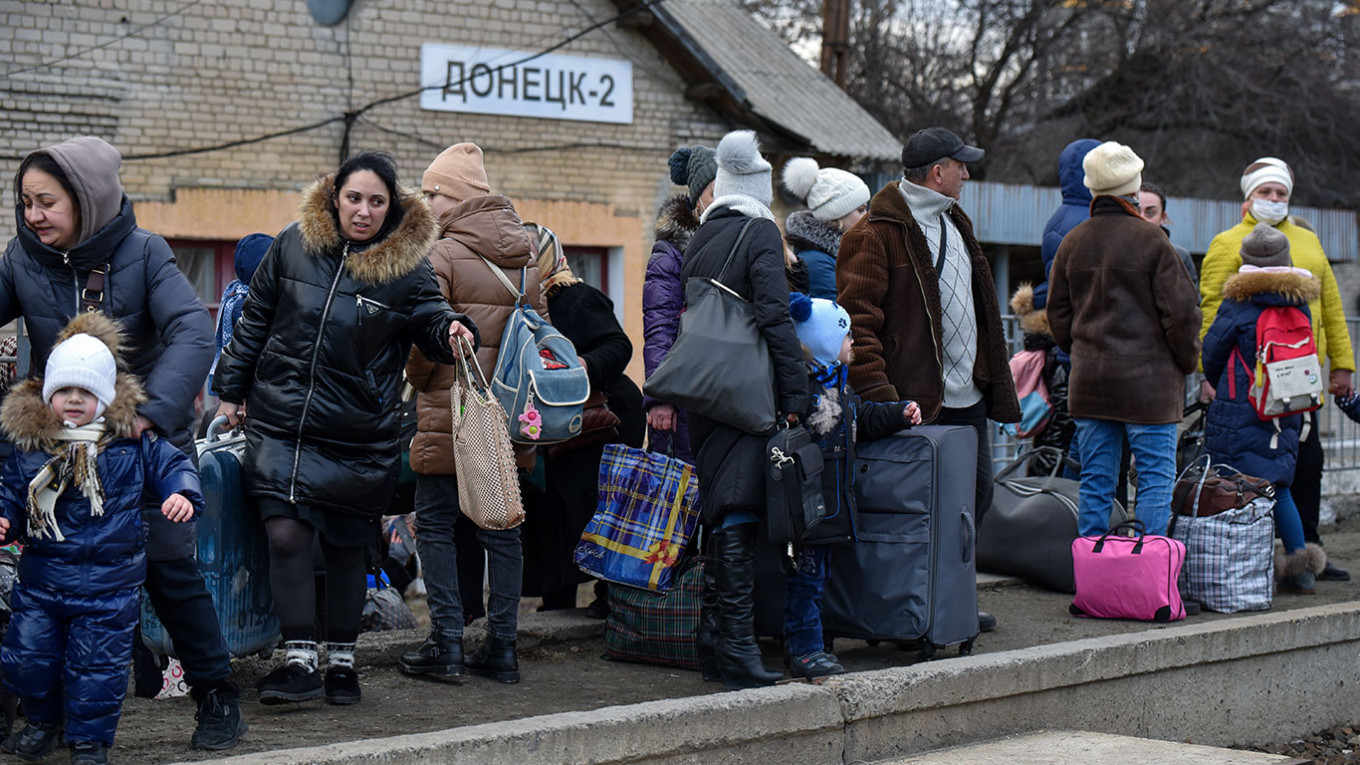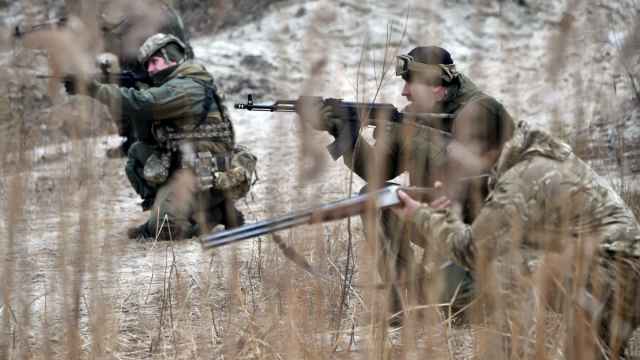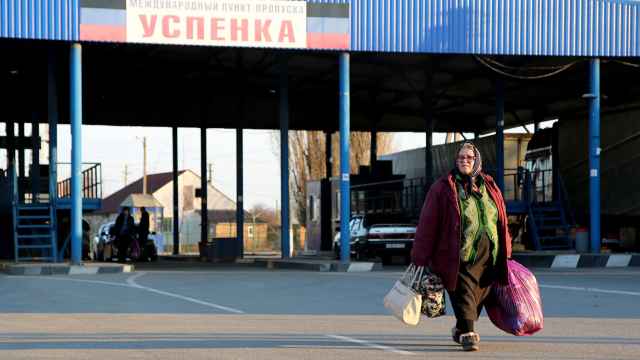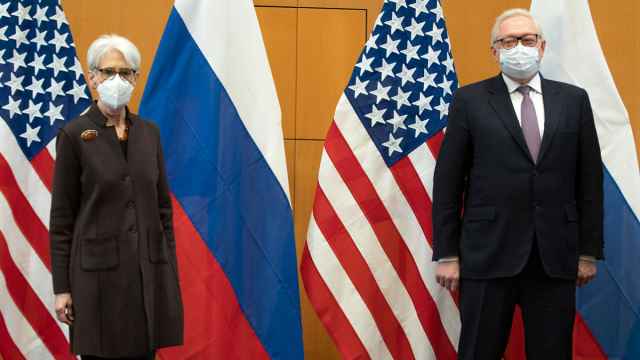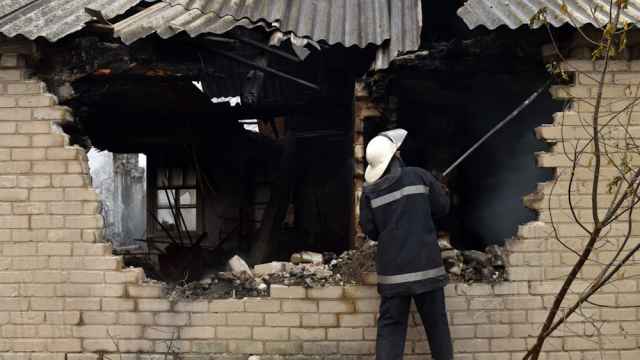The situation in the Donbas conflict zone has reached a critical phase. Russia and the world wait in tense expectation of what decision Moscow will make.
Only a week ago, there was good reason to think the most dangerous phase of the crisis over Ukraine had passed and that the situation was starting to improve.
Foreign Minister Sergei Lavrov assured President Vladimir Putin when they met on Feb. 14 that the possibility for a diplomatic solution to the security crisis remained and that Russia should continue its dialogue with the West.
German Chancellor Olaf Scholz sounded a generally positive note during his visit to Moscow on Feb. 15 and suggested that an agreement might be reached on some kind of moratorium on Ukraine joining NATO.
The Russian Defense Ministry also announced that several units of the western and southern military districts had completed exercises near the Ukrainian border and were being sent back to their original posts.
Of course, the Russian State Duma’s proposal that Putin recognize the independence of the breakaway Donetsk and Luhansk People’s Republics in Eastern Ukraine looked somewhat out of place against this backdrop. However, the president responded to this suggestion very evasively, citing the importance of fulfilling the Minsk agreements.
Many observers concluded that Putin was simply leveraging for more bargaining power over Kyiv.
But all of this has changed in the last few days.
The epicenter of the crisis shifted from the Russian-Ukrainian border to the Donbas, where hostilities began escalating rapidly on the morning of Feb. 17. Shelling increased sharply along the entire line of contact between the opposing forces, with both sides accusing the other of ceasefire violations and the use of heavy weaponry.
The next day, DPR and LPR heads Denis Pushilin and Leonid Pasechnik announced the start of a general mobilization and the evacuation of the region’s civilian population across the border into Russia. Moscow blamed Kyiv for the events, while Washington held Moscow responsible.
The impression arises that, regardless of who is to blame for the recent escalation, events in Donbas might unfold as they did in Georgia in 2008. Under this scenario, Moscow would recognize the independence of the self-proclaimed republics then send its troops into the region, thereby guaranteeing that the conflict in Donbas would last for years, if not decades to come.
The other option of evacuating the entire population of the DPR and LPR into neighboring regions of Russia and returning the now-depopulated territory of Donbas to Kyiv appears much less likely.
Apparently, by stepping directly into the conflict on the side of the self-proclaimed republics, Russia could intimidate Kyiv into refraining from any more armed clashes in Donbas. But this is about the only advantage of granting formal recognition to the self-proclaimed republics.
The inevitable negative consequences of such a move would be both numerous and varied.
This comment first appeared in Kommersant.
A Message from The Moscow Times:
Dear readers,
We are facing unprecedented challenges. Russia's Prosecutor General's Office has designated The Moscow Times as an "undesirable" organization, criminalizing our work and putting our staff at risk of prosecution. This follows our earlier unjust labeling as a "foreign agent."
These actions are direct attempts to silence independent journalism in Russia. The authorities claim our work "discredits the decisions of the Russian leadership." We see things differently: we strive to provide accurate, unbiased reporting on Russia.
We, the journalists of The Moscow Times, refuse to be silenced. But to continue our work, we need your help.
Your support, no matter how small, makes a world of difference. If you can, please support us monthly starting from just $2. It's quick to set up, and every contribution makes a significant impact.
By supporting The Moscow Times, you're defending open, independent journalism in the face of repression. Thank you for standing with us.
Remind me later.



